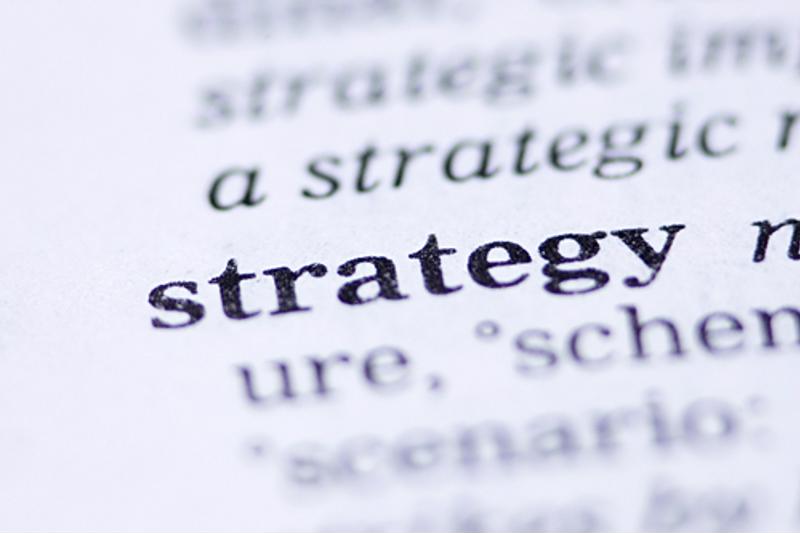
One of the consequences of the supply chain's strategic evolution has been its expansion beyond traditional boundaries. When a large amount of sourcing and procurement work is transactional in nature, it's fairly easy for logistics leaders to stay within their operational silo and carry out directives from the rest of the business. Increasing automation has led the supply chain in new directions and allowed professionals in this department to stake out new strategic territory.
This expansion in responsibilities, role and strategic impact may create new abilities and areas of experience for supply chain leaders to master. Managers who can take a wide view of the company and succeed beyond their own immediate responsibilities can make huge contributions to companies' overall effectiveness. While it's being helped along by technological change, strategic sourcing will force people to adjust their practices and expectations.
The strategic generation
Supply Chain Dive recently spoke with APCIS CEO Abe Eshkenazi about the priorities and practices that will define supply chain managers in 2018 and beyond. He stated that effective organization within the supply chain means organizing and coordinating between departments such as finance, customer support, and research and development. Today's advanced and strategic supply chain deals with these other sections and their concerns, helping ensure both internal stakeholders and consumers will be satisfied.
The increasing importance and responsibilities of this role will lead to C-suite slots for supply chain managers in some cases, according to Eshkenazi. In fact, he sees a lack of professional education as the factor holding more leaders back from some positions, rather than a lack of value placed on the supply chain or its overall contributions to a company at large.
Eshkenazi added that chief executives including Apple's Tim Cook have risen from the supply chain.
Leading-edge companies have realized the new role played by their logistics professionals, and individuals who thrive by accomplishing their ever-expanding lists of duties could have organizational leadership in their respective futures. The modern role of communicating across department lines, brokering efficient solutions and keeping the company running is an excellent boot camp for a high-level executive job.

One of the primary challenges facing ambitious supply chain professionals today is that the practices they'll have to master in the near future are still in flux. DC Velocity acknowledged that uncertainty about the effects of technology on standard practices in the supply chain has inspired a large-scale research effort designed to show where the field is going. This is a positive development, because it's hard for a supply chain leader to be sure the direction he or she is choosing for a departmental strategy will suit the tech evolution coming down the pipeline.
Strategic thinking - that linchpin of modern supply chain operations - is at issue. Auburn University professor Brian Gibson stated that when they're unsure about how the future will play out, leaders have little time to plot out long-term strategic priorities. This is one of the many challenges and paradoxes today's professionals have to overcome. One generation of technology has given them enough free time to think strategically, but uncertainty about the next wave is making the process difficult.


Post A Comment:
0 comments so far,add yours